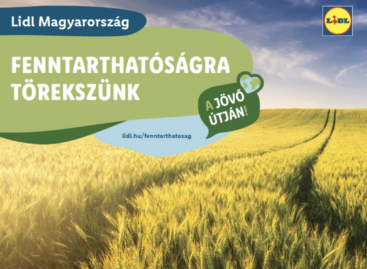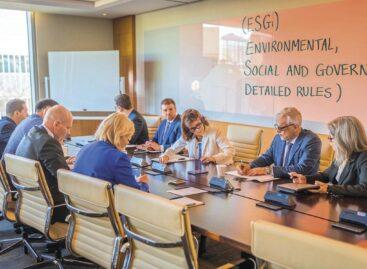Cosmetics – only naturally!
This article is available for reading in Trade magazin 2023/5
Gábor Szabó, Florin Zrt.’S PR manager:

Gábor Szabó
PR-manager
Florin
“We are proud of the fact that 100% Hungarian-owned Florin Zrt. realised already 10 years ago how important free-from cosmetics are for consumers. Our selection of Dermaflora 0% free-from products is regularly expanded and updated. Last year we put a new product range with rosehip and vitamin C on the market. These cosmetics help to prevent irritation, make the skin more resistant against environmental impacts, and by supporting collagen production they increase the flexibility of the skin.”
In 2022 the company sold 72% more products than in 2021. As the Dermaflora brand wants to be even more eco-friendly, the company has started manufacturing refill products in doypack packaging, in the shower gel and liquid soap categories. Thanks to this step, Florin Zrt. generates 70-80% less plastic.
Strengthening men’s product segment
Natural Care is the name of the first natural cosmetics range under Superio Kft.’s Ziaja brand name. The new range hit the shops in the autumn of 2022.
Brand manager Kata Bartek:
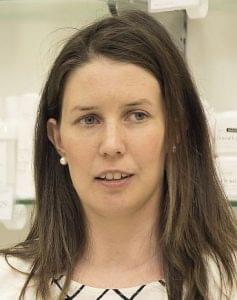
Kata Bartek
brand manager
Superio
“The bottle and the label are made from the same material, which makes recycling easier, plus we are using FSC-certified cardboard boxes that don’t have dye in them.”
This year the company’s objective is to be present on the shelves of more stores with Natural Care products. New products can be expected from Superio Kft. in the men’s natural skin care category: shaving products will join the already available shower gels and shampoos. What is more, new vitamin-containing facial care products will also be launched.
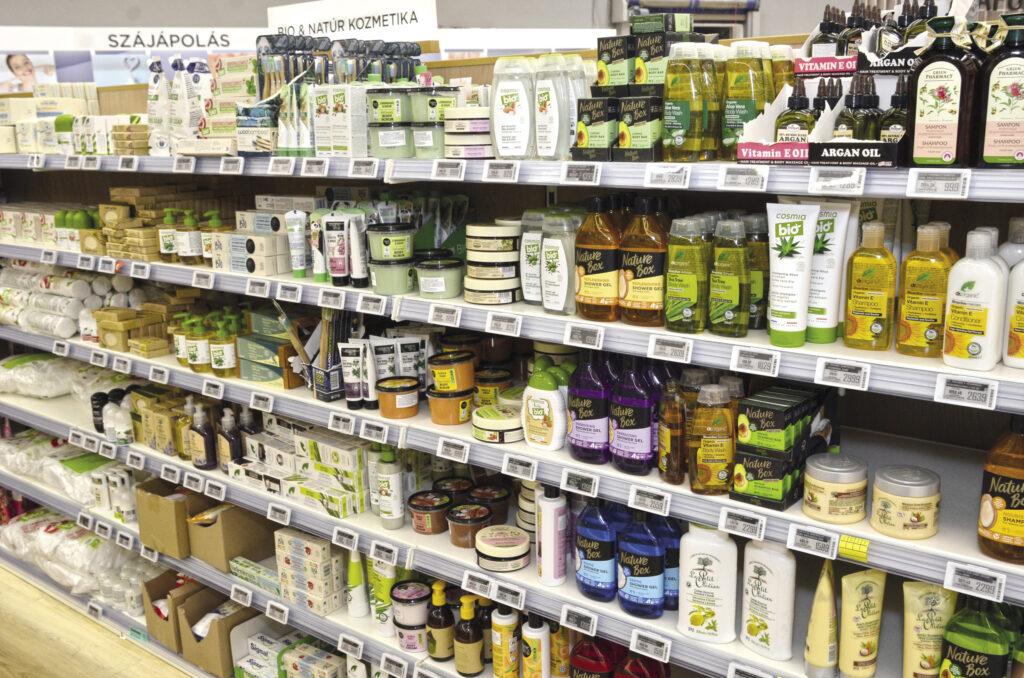
Ever more importance is attributed to sustainability both in terms of ingredients and packaging
Revamped cosmetics range
Ádám Szabó, Chemcore Zrt.’s marketing manager:
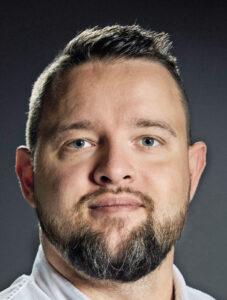
Ádám Szabó
marketing manager
Chemcore
“2022 brought a renewal for our cosmetics range. The buyers of these products are becoming increasingly environmentally conscious, paying attention to product composition, packaging, usage and the manufacturing company alike. In 2023 we are launching our renewed cosmetics range; when developing these beauty products, our goal was to create sustainable, efficient and likeable cosmetics. The products have been dermatologically tested and in the future this will also be indicated on the packaging.”
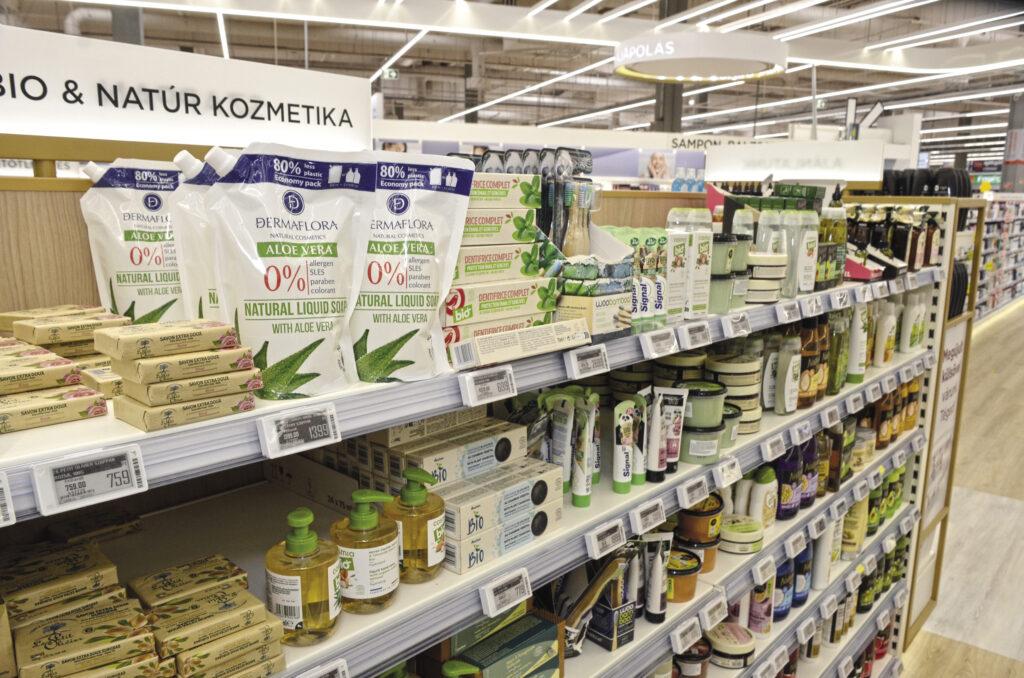
Organic ingredients from natural sources keep conquering
Beauty salon quality skin at home
It was in 2020 that the BioContour brand started conquering the market, when Biocontour International Kft. opened two exclusive beauty salons in Székesfehérvár.
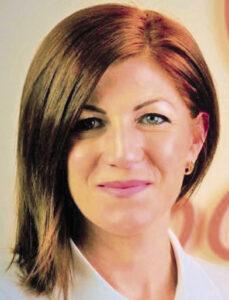
Szilvia Bödő
managing director
Biocontour
Managing director Szilvia Bödő:
“We are working with special Swiss technology that is unique in the Hungarian market. These complex body shaping, detoxification, anti-cellulite and anti-aging treatments offer personalised solutions to the actual problems of women.”
Once the company had realised that customers would like to enjoy professional skin care in their homes too, they developed the BioContour natural cosmetics range. What makes their products special is the acmella flower extract, which works like plant-based botox. All of the products in the range are Naturix-certified and 97-100% natural. Since November 2022 shoppers can find 9 of them on the shelves of Rossmann stores. //
Related news
The majority of Hungarians spend less than 50 thousand forints on Christmas gifts, sustainability is an important aspect, but not the primary one
Gift-giving is an essential holiday tradition, but what really matters…
Read more >Lidl has published its 3rd sustainability report
Lidl Hungary’s sustainability report for the 2022/2023 business years has…
Read more >ESG – about sustainability standards, from a legal perspective
Since December 2023 several pieces of legislation have been published…
Read more >Related news
Recognition of Consumer Protection Excellence: Honoring the Best of 2024
This year’s outstanding consumer protection officers and special award recipients…
Read more >The Joy of Giving! – SPAR stores collect non-perishable food for people in need
The Hungarian Maltese Charity Service and SPAR Hungary have launched…
Read more >KSH: industrial production decreased by 0.2 percent in October
In October, the volume of industrial production fell by 0.2…
Read more >

